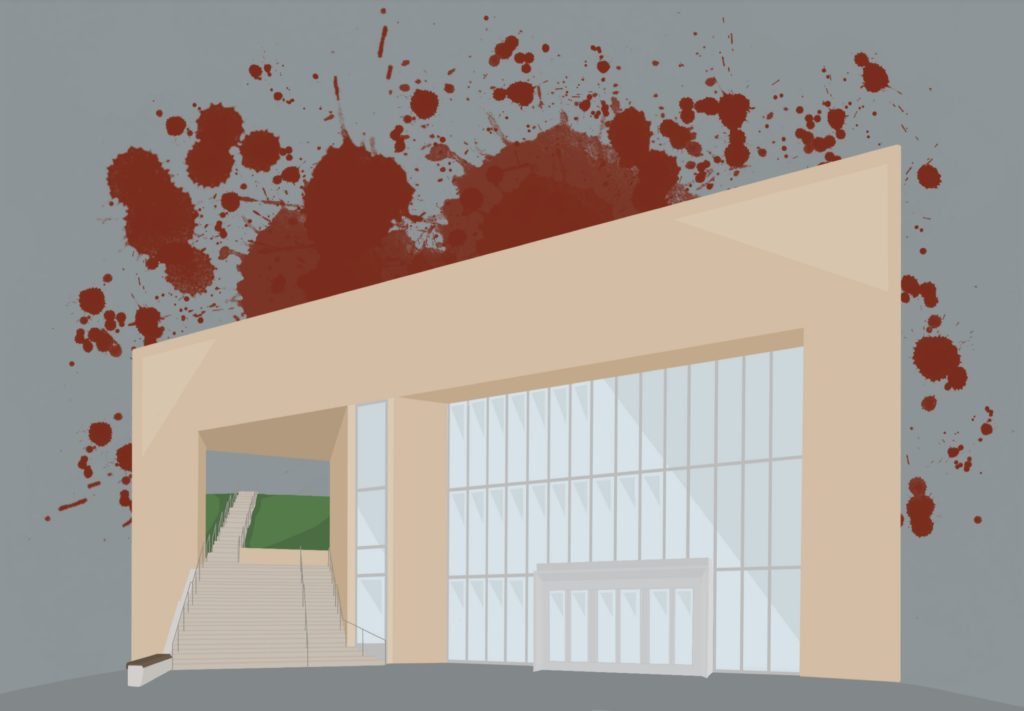Anxiety over the college admissions process is hardly a new struggle for Choate students. Some have focused their entire high-school career on accumulating club leadership positions, stressing over their A to A+ ratio, and training to snag varsity letters. Others are less worried; they focus on their relationships first and attempt to make the most out of their social life at Choate. However, Covid-19’s effects on standardized testing are stirring panic among many students, no matter where their priorities lie.
The College Board, which controls many aspects of the college-admissions process, including SAT tests and Advanced Placement (AP) Exams, has canceled testing dates in March and June. Now, students can only take their standardized tests after summer break.
In past years, many teachers have helped students review SAT Subject Test material during the final weeks of classes. By registering for the June SAT Subject Test date, which usually follows Term-End Experiences at Choate, students avoid having to re-study what they just learned for their finals. Because of the later dates, students no longer have the opportunity to take the tests when the material is fresh in their minds. Although some students might utilize the extra time to study and review more with tutors, students who are unable to afford or access such resources will be left at a disadvantage.
Furthermore, if juniors are willing to take tests after the summer, they will be taking them during senior fall. This, in turn, limits not only the number of tests students can take but the number of times they can retake for a better score as well. Notoriously one of the most difficult terms at Choate, senior fall is when students are pushed the hardest, as they apply to college, tackle difficult course loads, and adjust to their new responsibilities as leaders on campus. The extra burden of taking an SAT Subject Test or the SAT on a weekend only heightens these anxieties.
A better solution would be to test virtually on the original dates. In fact, the AP Exams, another exam administered by the College Board, is hosting online tests across multiple dates.
However, these modified AP Exams will be shorter and cover less material than usual. AP Exams are supposed to help students prove that they have mastered a subject enough to not retake it in college, but shaving off the last few units of each test would prove this goal impossible. How could a college admissions office compare two students with identical scores if one took a modified version of the exam while the other took the original version before the coronavirus pandemic? Although a few colleges have released statements claiming they will look at the scores the same way, a student who passed the modified version of an AP Exam might find gaps in their knowledge when taking upper-level college courses with prerequisites they were exempt from.
What can we do as students? Well, there are many ways to prove proficiency to colleges beyond standardized tests, including competitions and Olympiads — many of which have become virtual since the coronavirus outbreak began.
The ACT, another testing organization, seems to have a better grip on the situation than the College Board. Although the ACT has also been forced to reschedule tests, students have the option to take the main section of the exam virtually. Because of this, students from all over the world can take the ACT over the summer when the material is fresh in their minds.
Although none of us planned to take virtual standardized tests this year, we must focus on the silver linings — even if it just means that you can now take the ACT from your bed.




